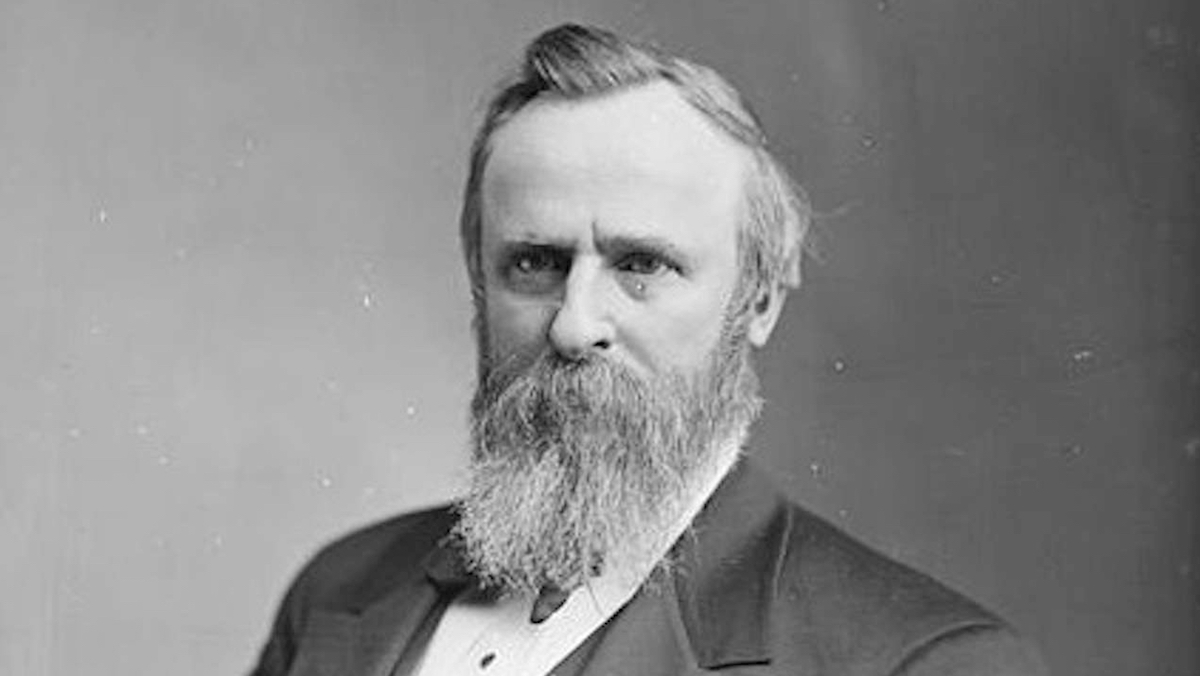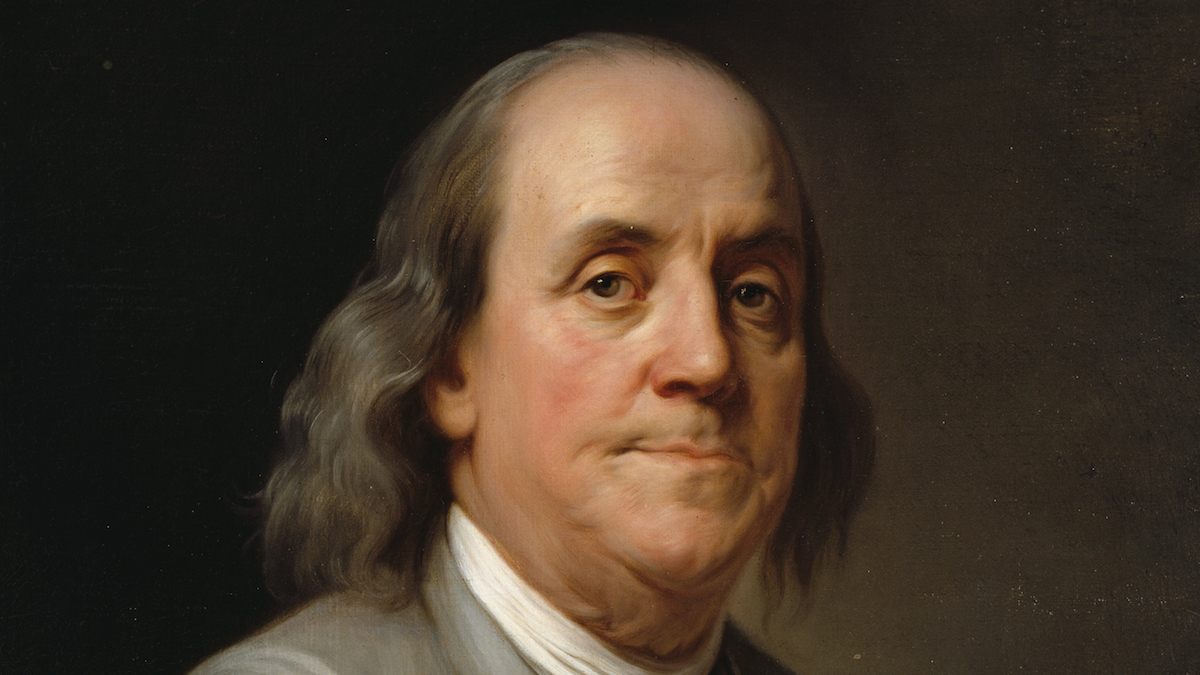In a letter to his daughter, Thomas Jefferson wrote this about debt: “Be assured that it gives much more pain to the mind to be in debt, than to do without any article whatever which we may seem to want.” More than a century later, while speaking to a larger audience, President Rutherford B. Hayes said pretty much the same: “Let every man, every corporation, and especially let every village, town, and city, every county and State, get out of debt and keep out of debt. It is the debtor that is ruined by hard times.”
But that was then and this is now! According to a recent article in the New York Times (Hillary Clinton to Offer Plan on Paying College Tuition Without Needing Loans, 10 August 2015), Americans now shoulder $1.2 trillion dollars in student loan debt while 8 million borrowers are presently in default. While outstanding debt and the number of borrowers appears to be increasing, another interesting trend is emerging. In an article published in the Wall Street Journal (School Loan Reckoning, 22 August 2015), it appears that college borrowers have had enough. According to Jason Delisle, a higher-education expert at the New America Foundation: “There’s plenty of people out there who feel like they’ve been ripped off, and the notion of repaying the loan for 10 or 15 years is just impossible for them.” A thought. It’s too bad they didn’t disclose such thoughts to their lenders as they signed their names upon documents (semester after semester, during their college years) saying they were honest and trustworthy and would repay them.
Given this, can any of us really say that we are surprised by such individual behavior when for decades, it is a reflection of the very same behavior of our federal government? With the Feds having amassed trillions in debt and promised unfunded entitlements to millions, is it a surprise that an increasing number of individuals have come to behave the same? And so, with higher-ed, elected officials have simply moved on to Jack and Jill at Moo U to devise yet another bubble scheme. By inserting their thumb into its financing, they’ve given colleges and universities the ability to blast tuition to levels unthinkable and unaffordable for a growing majority of Americans. In facilitating the transition from a pay-as-you-go model of college financing, we’ve migrated to pay-us-when-you can or increasingly pay-us-if-you-like. Under this “new” system of “paying” for what has been received, is it any surprise that many students have opted for sprawling big-name college campuses complete with dormitories, student centers serving up lattes 24/7, fraternity and sorority houses that image John Belushi, and athletic facilities that wow the senses. With such amenities, one would think that today’s crop of students have, in a proverbial sense, “died and gone to heaven.”
A far cry from their parent’s modest experience of higher education, these lavish accommodations provide one additional benefit: an opportunity to stand in a growing line of recent graduates who are attempting to discharge their college-debt obligations. Not surprisingly, these students are now being courted by politicians like Hillary Rodham Clinton who promise them that “all will be well” with regard to the finances related to their college experience. After all, should not every Jack and Jill be entitled to a high-priced university “experience” despite the reality that their pocketbook and personal finances indicate that living at home, attending the local college, and working their way through school might yield a more responsible and affordable calculus?
 And perhaps this is the question that should provide seed for our national pondering, especially for an increasing number of Americans who cannot, or rather, have chosen to not recognize the laws of economics that dominate their lives. No, not supply and demand; but rather, to borrow from the 18th century Father of Economics, Adam Smith, that we economic actors are called to be rational decision makers. For those of you who are “old fashioned,” that would mean that we should exhibit a certain trait or virtue.
And perhaps this is the question that should provide seed for our national pondering, especially for an increasing number of Americans who cannot, or rather, have chosen to not recognize the laws of economics that dominate their lives. No, not supply and demand; but rather, to borrow from the 18th century Father of Economics, Adam Smith, that we economic actors are called to be rational decision makers. For those of you who are “old fashioned,” that would mean that we should exhibit a certain trait or virtue.
And that would be? Oh, yes. Personal responsibility.
Across this fruited plain, however, it appears that an increasing number of us lack this virtue. Or worse yet, we have never even received this gift from those who have been charged with giving it. For those in this latter category, while pondering its consequences, their voices may be heard: This saying is hard, who can accept it?
In my lectures to students and in conversations with others, I have increasingly felt the need to play the prophetic role. Anxiously, I point to the reality that the U.S. national debt now exceeds our GDP and that eventually the annual interest on that debt will amount to the equivalent of a financial tsunami. It is as though we have been inserted into a play without knowledge of the next act. And so we continue with our familiar lines.
A deacon friend of mine has pondered this very topic and noted that Pericles, the ruler of ancient Athens, once gave a speech in 398 B.C. in which he said: Our nation, this most powerful, wealthy, and dominant people on the face of planet Earth, shall shine on for millennia to come.
My friend noted that just one year after making that speech, he was dead. And four years after making that speech his nation was gone, completely broke, battered, and ravaged. To directly quote him:
History tells us that many great nations have come and gone before us. Each disappeared by making the exact same mistakes. Each overextended themselves militarily and financially. Each bankrupted their nation through uncontrolled domestic spending. Each experienced internal corruption through the moral decay of their culture. And each gained far too many enemies by their belligerent, aggressive behavior. In our arrogance, are we allowing ourselves to repeat the same mistakes?
And for myself? As I write this, I gaze upon a picture of my grandfather standing proudly before his simple home during the Great Depression. I wonder whether he and others of that generation knew how they got there. But perhaps I am old-fashioned.








